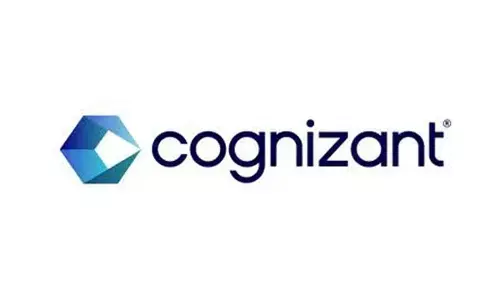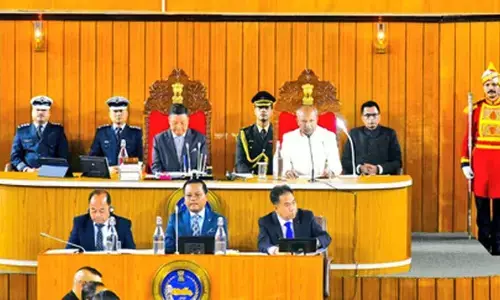AI-Powered Legal Research to Enhance Compliance

Artificial intelligence
With Up-to-Date Regulatory Information
Generative Artificial Intelligence (AI) switches the legal research system from its traditional way to an advanced AI-driven style. The AI tools are useful for the legal research ecosystem in India, including the law firms, independent practicing advocates, advisory companies, regulatory tool providers, compliance monitoring companies, and audit firms. In the meantime, AI has its own limitations and challenges in machine learning, copyrights, misleading information, and so on.
Law professionals experience various challenges during the legal research, consuming a vast amount of time in reviewing the case laws, statutes, regulations, and reading in detail, due to the largeness of the data. The subject of interpretation consumes the high time of a legal professional to go through the various available information, documents, and judicial decisions to clarify better for the clients.
The Indian Constitution categorises law-making powers between the central and state governments into three categories: the union list, the state list, and the concurrent list. The regulatory laws, rules, and regulations are made by the central and state governments and differ from one location to another. The Constitution empowers the state’s governments to notify the changes as they think fit from time to time. Tracking of the notified change in the regulatory systems is complex by way of using the traditional way, but with the help of the AI tool, it makes it easy and simple.
Indian’s complex regulatory environment differs from one location to another; there are 25+ regulatory authorities empowered against each business unit, which is a threat to comply with the regulatory requirements always. Option to multiple physical inspections for an undefined period by the regulatory authorities of economy, labour, environment, and data protection. Many of the state-level regulatory changes notify the changes more often. The cost of non-compliance is very high, and it links with multiple ways to spoil the reputation and financial loss to the stakeholders of the companies.
Advanced AI algorithms and machine learning techniques streamline the legal research processes, greatly increasing efficiency and accuracy. AI-powered legal research tools can quickly analyse and categorise vast legal documents, identify relevant case law, and extract pertinent information precisely. AI is the simulation of human intelligence in machines that are programmed to learn, problem-solve, make decisions, and understand language.
Tracking the regulatory changes is complex activity by the traditional way; it consumes more time and lacks accuracy and authenticity. The AI powers research process helps to get an expeditious result on the changes notified by the regulatory authorities. Some of the AI tools help the regulatory environments to know the changes on a real-time basis. The changes are notified with a detail’s clarification in a layman’s language to understand better. The swift action requirements and important impactable changes on the business impacts are also highlighted against each change in the regulatory-based AI’s.
India’s complex regulatory environment is very difficult for the upcoming generation to follow the traditional way for the legal research and know the compliances up to date. The AI tools enhance the support for the current and upcoming generation, with an equipped capacity of monitoring the regulatory information to preserve the latest changes or updates with the necessary data to serve the requirements from time to time. Usage of AI helps the users to minimise the errors in research, mapping the compliances, evaluating the timelines, updating the dashboards, reviewing the data, and preserving the information.
In the fastest-growing regulatory environment, staying compliant without the help of an AI tool is an impossible task for the future. 40% of the legal professionals started using the AI tool for the purpose of draughting, research, validations, knowing the changes, simplifying the languages, managing the submissions, tracking the regulatory updates, and more. Thinking without an AI support in the regulatory environment is so complicated, time-consuming, requires increased human efforts, a threat of errors, is less efficient, and increases cost. AI-powered compliance tools update the users with an update of changes in regulatory compliances to know the changes in the regulatory environment. The enhanced legal research with the support of the AI tools helps the compliances to know with up-to-date changes on the regulatory information. Thinking of updated regulatory information or regulatory compliances without the help of the AI tools is not possible in the future, as the AI generative platforms increase the accuracy and reduce the effort of the legal professionals to focus on other activities.
(The author is Head Compliance Advisory Practices, Core Integra)











